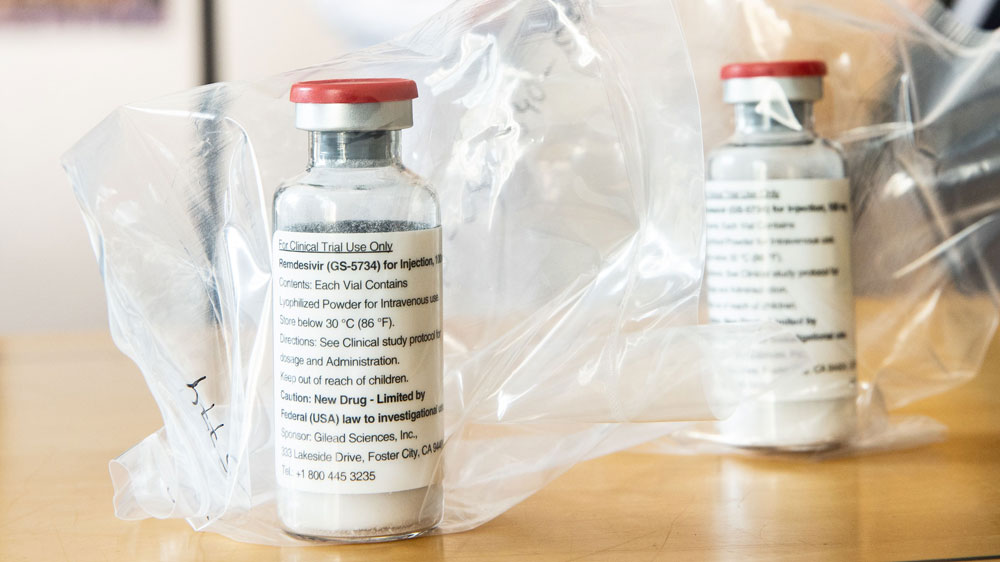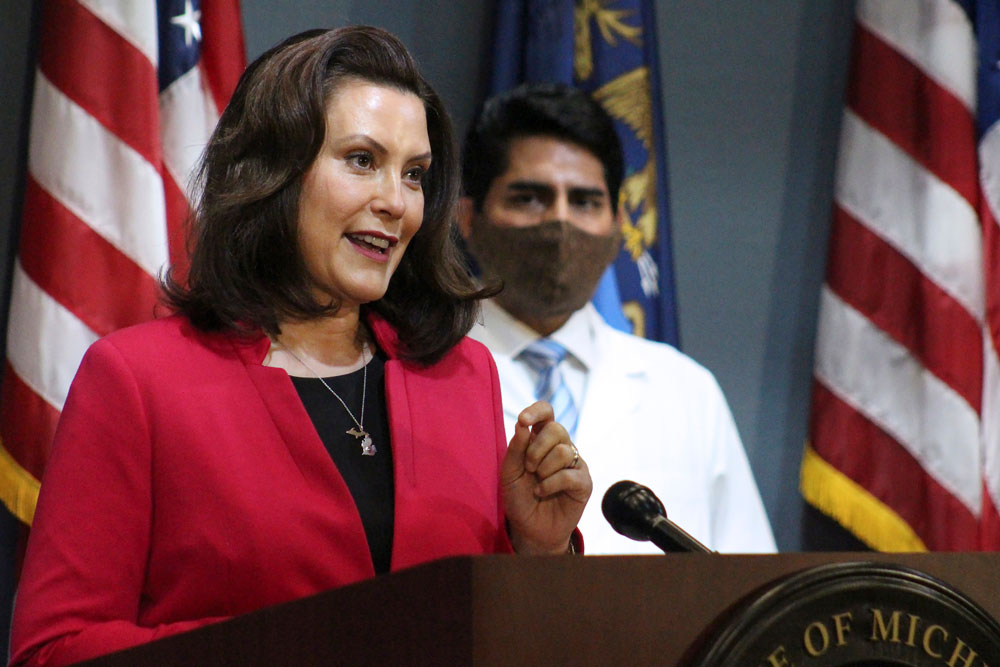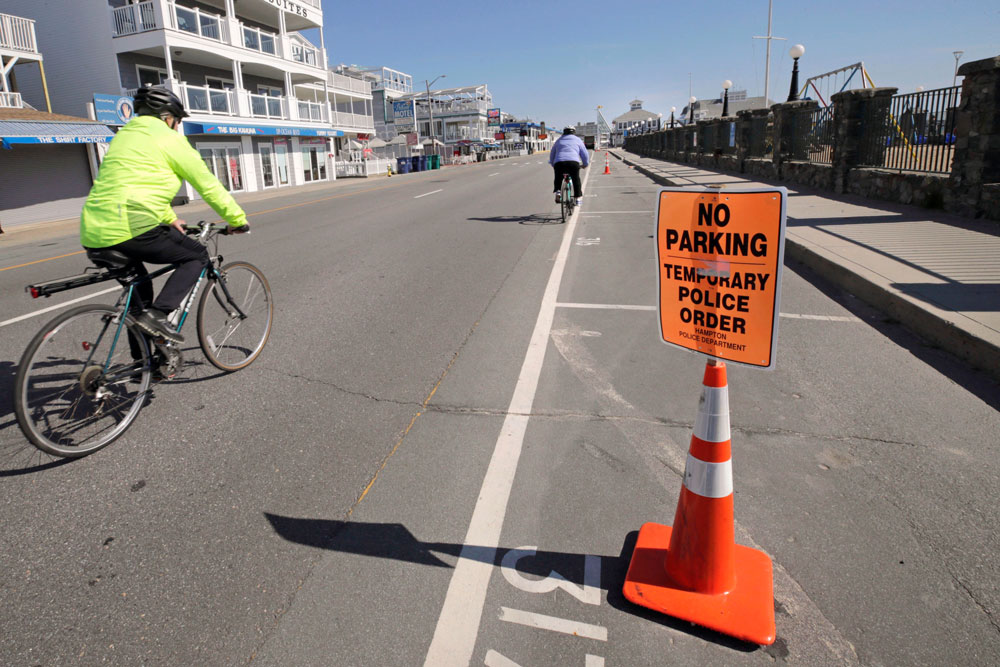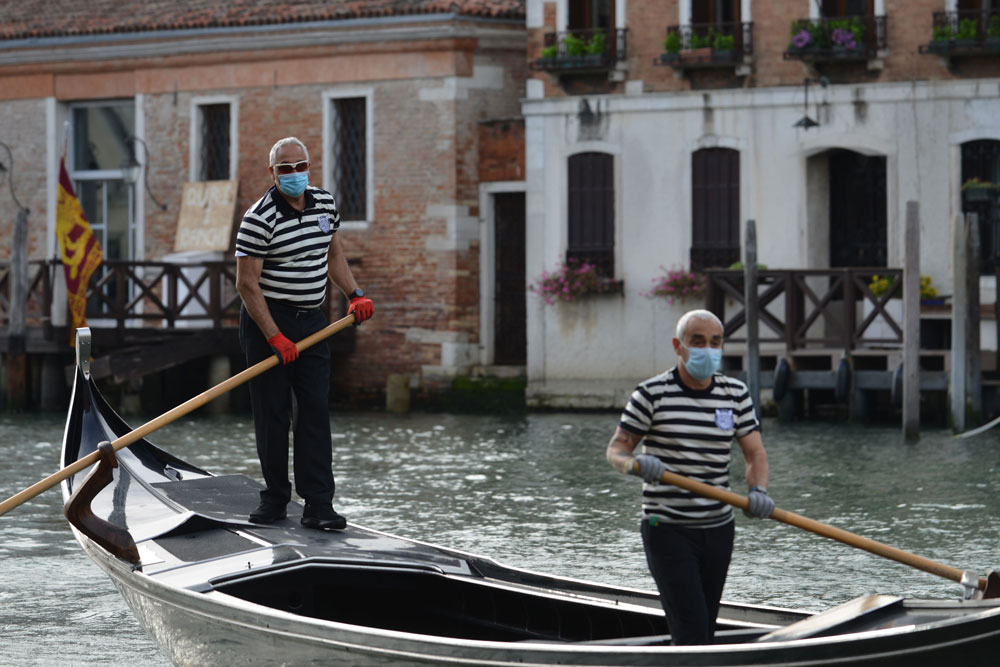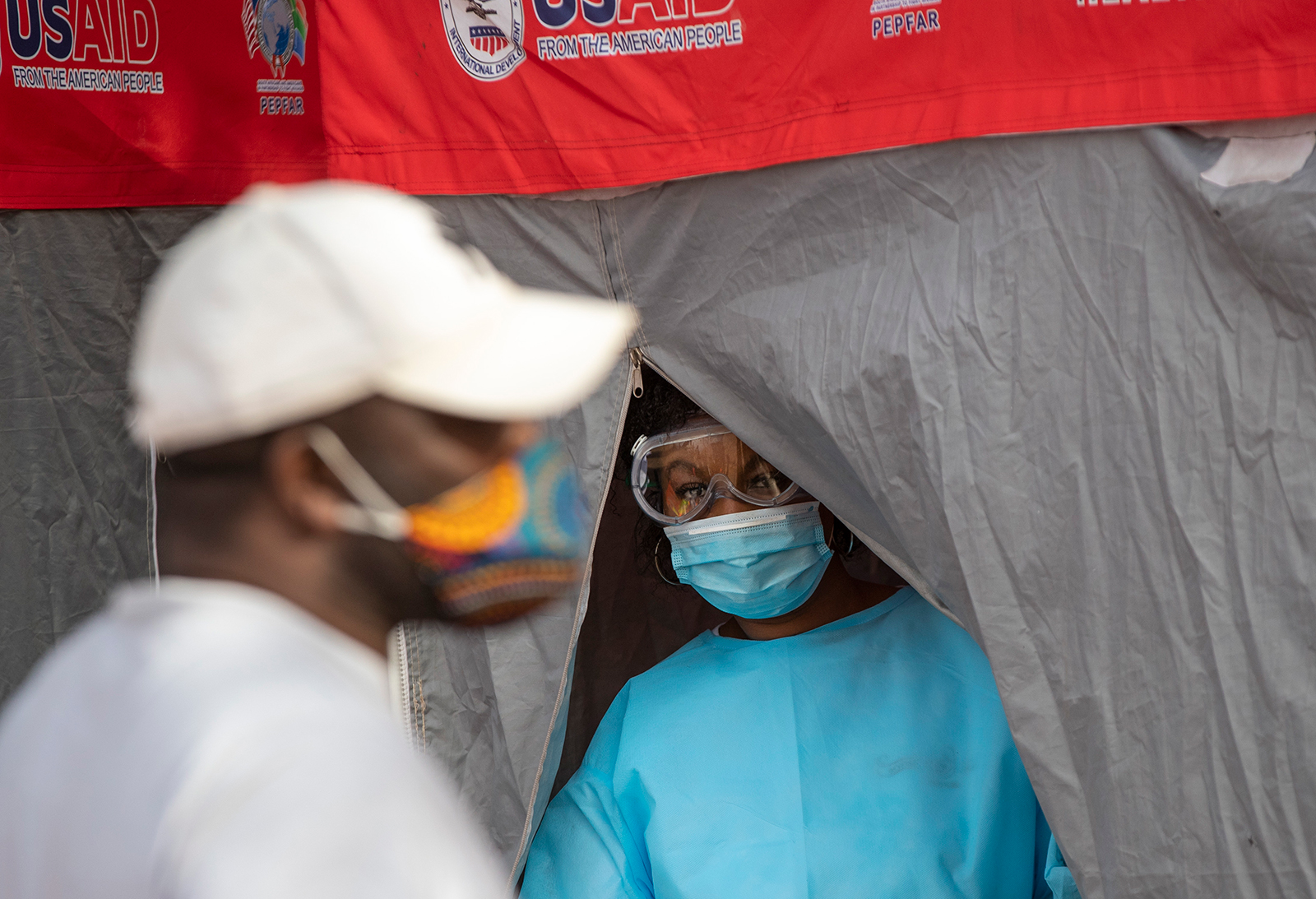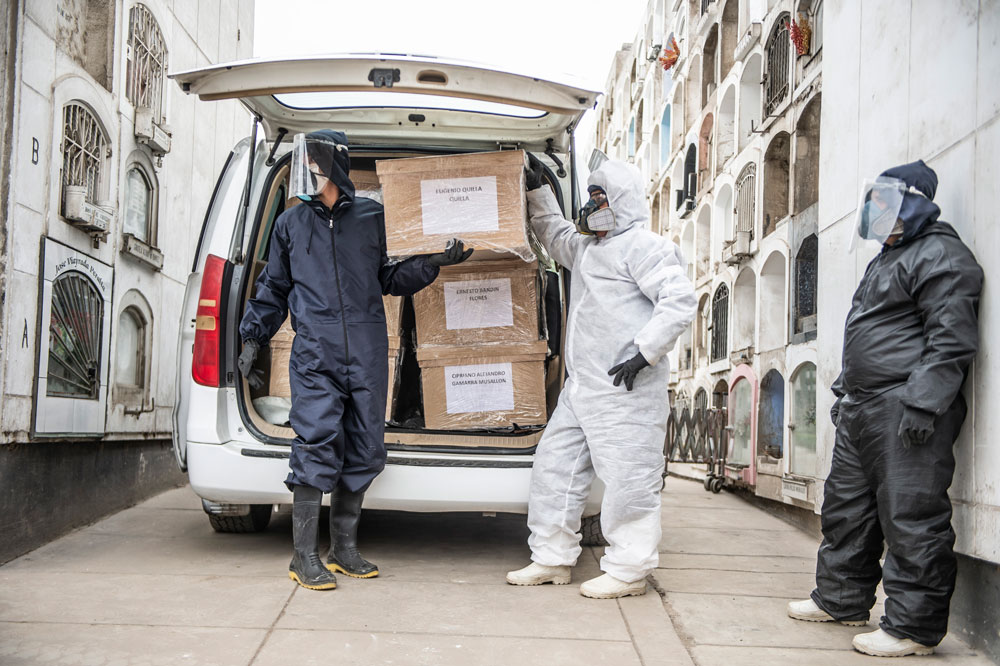
Peruvian President Martin Vizcarra announced Friday that a national state of emergency, which includes mandatory social isolation measures, will be extended through June 30.
He announced that “a national state of emergency is being declared from Monday, May 25 until June 30, including obligatory social isolation, quarantine, due to the grave circumstances that affect the life of the nation due to Covid-19,” according to state news agency Andina.
Vizcarra first declared a nationwide state of emergency, which included mandatory self-quarantine and closed the country’s borders, on March 15.
With the current extension, Peru will be under a state of emergency for at least three and a half months.



